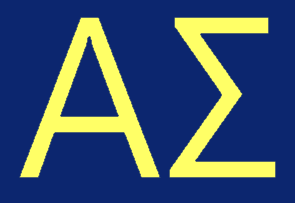I think that having 13 months in a year would be a better system.
There are only two types of question which force someone to look at a calender: "what date is next wednesday" or "what day of the week is the 11th." The reason we have to look these things up is because we've chosen a system which keeps changing.
Now the are some naturally occurring periods that we have to accommodate into any system: 365ish days happen in a year and every 27ish days the Moon goes around the Earth. The week doesn't match up with either of these periods but it has also become part of our system and is well ingrained into our work life schedule.
The proposal of the International Fixed Calender is to have 13 months each of 28 days. Each month would have exactly 4 weeks and so it is easily divisible. If the first of the month was a Monday then the first of every month would be a Monday. All of this adds up to only 364 days and the proposal is to have the extra day as monthless and day-of-the-weekless so that the first of every month would be a Monday forever. Leap days would be treated the same way and both of these days would be international holidays.
This streamlined system is very efficient; you would quickly get to know which day of the week each date was. People's main complaint seems to be if their birthday isn't on a weekend, but surely you can live with that. You also lose the 4 months to a season conversion.
For most of their history the company Kodak used this system internally and Sainsbury's still do. Plus Isaac Asimov was an endorser of the system which is frankly enough for me.
As always with such proposals (see also Dozenal) there is a huge transition cost which stops it in its tracks; but as a theoretical system I think it is very neat.




